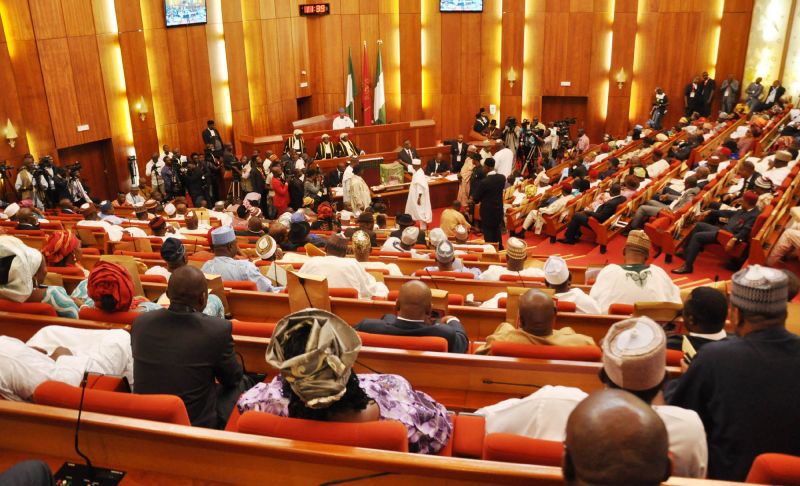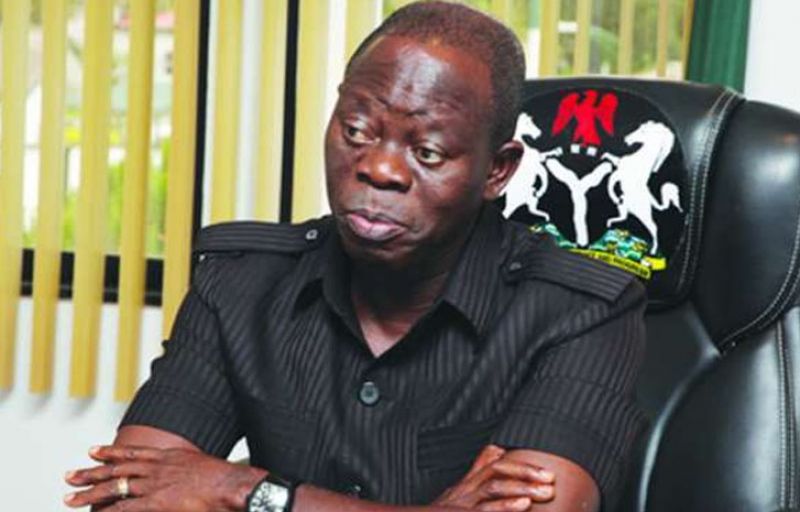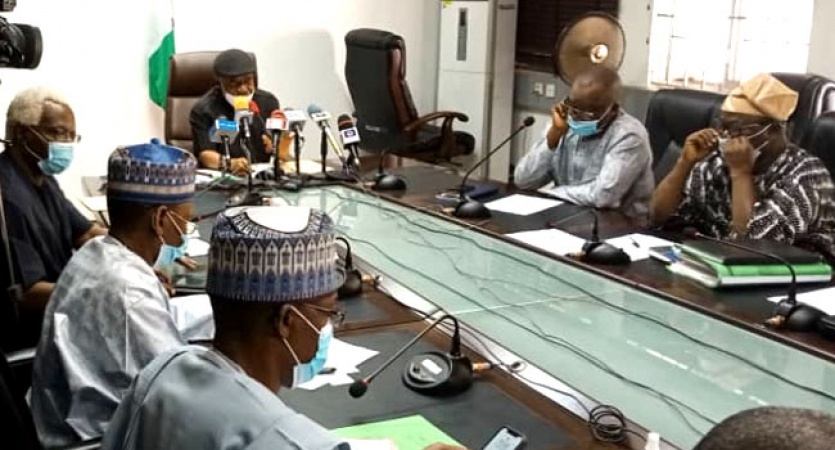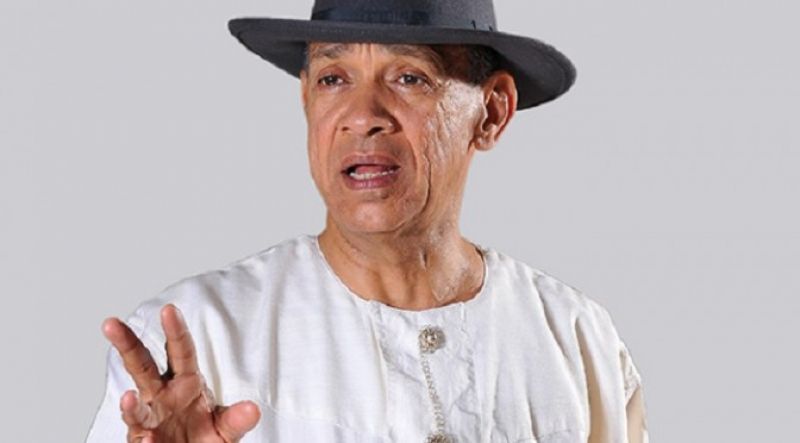Refineries Flop After Gulping N264 Billion
Posted by admin | 8 years ago | 2,168 times
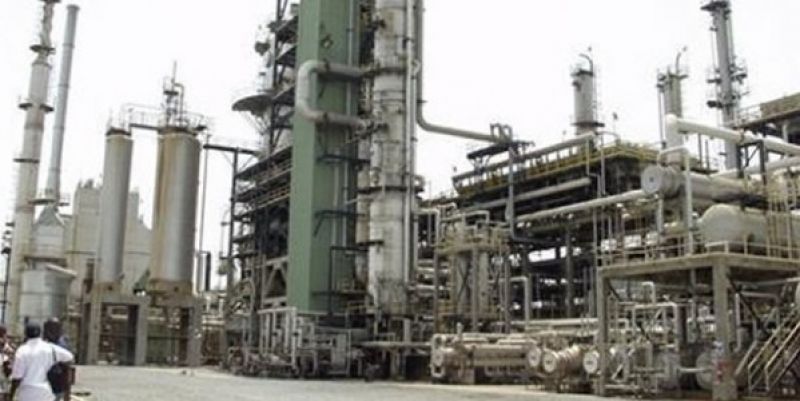
Nigeria has spent N264 billion on maintenance of its four refineries since 1999 when the country returned to democracy, Daily Trust investigation has shown.
But this massive spending has not been able to put the refineries back on production line, analysts say. As a result Nigeria, Africa’s largest oil producer imports most of its petrol for domestic use.
The four refineries located in Port Harcourt (two), Warri and Kaduna have a combined capacity to refine 445,000 barrels of crude per day.
They have over the years suffered what one analyst described as “total disrepair and comprehensive paralysis in the past three decades.
They have over the years suffered what one analyst described as “total disrepair and comprehensive paralysis in the past three decades.
Bottomless pit In spite of billions claimed to have been spent by the Nigerian National Petroleum Corporation (NNPC) over the last 16 years on Turn around Maintenance (TAM), the country’s refineries have remained comatose, industry reports showed.
Whenever the refineries manage to resume production after a lengthy repair work, they hardly work for up to 90 days before they are shut down and the purported maintenance cycle continues.
The NNPC has refused to oblige request by Daily Trust three months ago for contract details including the identity of contractors, who got awards for TAMs in the last 16 years.
However, reliable documents have shown that estimate spending on TAM came up to $1.746bn or N264bn using a 16 year average USD/Naira exchange rate of N150.99/$1 compiled from a Bloomberg data.
The $1.746bn TAM investments were different from the sum of $308 million reportedly spent for the same purpose by the military governments of late General Sani Abacha ($216 million) and General Abdusalami Abubakar (rtd) $92 million.
One report quoted a GMD of NNPC Funsho Kupolokun saying more than $1bn was committed to refineries repairs between 1999 and 2007.
After late President Musa Yar’Adua stopped the sale of the refineries in 2007, the NNPC reportedly announced it had awarded contract to a Nigerian firm to carry out a comprehensive TAM on all the refineries. The contract sum as revealed by the then NNPC boss, Abubakar Yar’Adua was $57 million.
After late President Musa Yar’Adua stopped the sale of the refineries in 2007, the NNPC reportedly announced it had awarded contract to a Nigerian firm to carry out a comprehensive TAM on all the refineries. The contract sum as revealed by the then NNPC boss, Abubakar Yar’Adua was $57 million.
In 2009, the then GMD of NNPC, Alhaji Mohammed Sanusi Barkindo, also announced that the corporation spent $200 million on the maintenance of the Kaduna refinery.
In 2012, NNPC was reported in local media to have planned repair of the refineries with N152bn. Former minister Alison-Madueke was quoted to have said $32 million had already been paid for the materials needed for the said refineries repairs.
NNPC in a January 2015 statement said it took decision in 2011 to rehabilitate all refineries, using the Original Refinery Builder (ORB) of each of the refineries.
Former Group Executive Director Corporate Strategy, NNPC, Dr. Tim Okon later in 2015 told a Senate Committee hearing that when the corporation invited the original builders from Japan and Italy for the TAM, they declined and instead, recommended Saipem – a foreign firm operating in Nigeria – to carry out the TAM on their behalf.
NNPC then announced in February 2015, that local engineers repaired the refineries at a cost of N99bn following the refusal of the original builders of the refineries to handle the maintenance contracts.But the refineries only functioned for less than three months before they were shut down.
Assistant Director, Emerald Energy Institute for Petroleum and Energy Economics, Policy and Strategic Studies, Prof Chijioke Nwaozuzu, said: “The required investment for full rehabilitation (of the refineries) will cost at least $1.6bn.”
The NNPC in a document made available to investors at a recent road show in China said it will require fresh $1.4bn to $1.8bn to rehabilitate the refineries. Government officials over the years agree corruption had undermined the refineries’ performance but no one is ever prosecuted for the fraud.
“It was clear that contracts had been given out by previous governments, but the people who took the contracts did not know what they were doing,” former oil minister Diezani Alison-Madueke said of the level of decay at the plants in 2015 after she carried out extensive tour of the refineries in 2007. Current minister of state, petroleum, Dr. Ibe Kachikwu also on one of his visits to the refineries in 2015 agreed that the non-performance of the refineries was due to factors including fraud.
“It got to a point where I started wondering whether as we repair this, somebody was going out there to destroy, so that contracting will be done,” he said. Rotten, forgotten A Nigerian engineer who participated in all stages of the execution of the refineries, Engr. Alexander Ogedegbe wrote that they produced enough petroleum products early in 1990’s to satisfy the national demand and exported the excess. But after then, a lot of things went wrong.
Nigeria is not among the top three countries in Africa in terms of refining capacity. Also, in terms of refining activities, Nigeria is not the highest refining hub in the continent.
NNPC said in a June 2016 operations report that the refineries recorded heavy losses in their operations in 2015 as a result of low local refining capacity due to prolonged TAM issues and pipeline vandalism.
Profiteers and saboteurs:
Industry experts disclosed that profiteers of the refineries lack of action over the years have been public officials, who award or monitor contracts for the refineries’ maintenance.
Ugo Nwokeji in a research for Baker Institute/Japan Petroleum Energy Centre, Rice University, found that the most important saboteurs of the refineries appear to be NNPC and highly placed government officials, who benefit from the crisis.
In the policy report titled “The Changing Role of National Oil Companies in International Markets,” he wrote that the officials who sabotage the refineries to promote fuel importation benefit in two main ways.
In the policy report titled “The Changing Role of National Oil Companies in International Markets,” he wrote that the officials who sabotage the refineries to promote fuel importation benefit in two main ways.
“First, funds for maintaining the refineries go into private pockets, guaranteeing low capacity utilization or complete breakdown. Second, heavily inflated supply term contracts and import licenses are awarded to cronies for the importation of refined products from abroad.”
US-based professor of Energy Law, Emeka Duruigbo, in an e-mailed interview said that Nigeria’s private petrol importers are one group of profiteers, who have prevented the refineries from working optimally.
US-based professor of Energy Law, Emeka Duruigbo, in an e-mailed interview said that Nigeria’s private petrol importers are one group of profiteers, who have prevented the refineries from working optimally.
According to a Nigerian Extractive Transparency Initiative (NEITI) 2012 Audit Report, Nigeria spent about N4.5 trillion in seven years as subsidy on petroleum products imported into the country.
“This amount is more than enough to repair our refineries or build new ones” it said in one of its 2015 statements.
Another NEITI audit of the refineries between 1999-2004, reported that “the importation process, including the tendering, contracting and procurement practices, fall short of current good practice standards, and it is questionable whether they fully protect (federation) interests in many areas of the process; there was lack of written procedures.”
Another NEITI audit of the refineries between 1999-2004, reported that “the importation process, including the tendering, contracting and procurement practices, fall short of current good practice standards, and it is questionable whether they fully protect (federation) interests in many areas of the process; there was lack of written procedures.”
“Another group that benefits from the current quagmire are private contractors and politically- connected persons, who get the contract awards but fail to deliver because they are unqualified, incompetent and complicit in the corruption of public officials,” Prof Duruigbo, who lectures at the Thurgood Marshall School of Law, Texas Southern University, said.
Chrome Oil Services and MaireTechnimont are two major contractors that have handled key rehabilitation of the refineries especially the Port Harcourt. The repair contracts to these companies were mouth-watering valued at hundreds of thousands of dollars.
Our reporter wrote to Chrome Oil Services Ltd., asking for information on the scope of TAM, the company has carried out for Nigeria’s refineries.
Our reporter wrote to Chrome Oil Services Ltd., asking for information on the scope of TAM, the company has carried out for Nigeria’s refineries.
But the Project Manager, Engr. Bombey Adigbara in an email reply directed our reporter to Port Harcourt Refining Company (PHRC) which in turn directed our reporter to contact the NNPC Abuja headquarter.
Several reminder mails sent to MaireTechnimont, one of the companies involved in the TAM, asking for information on repairs it has carried out for any of the refineries, were not answered by its Public Affairs contact Carlo Nicolais.
While the refineries remain moribund, there is lingering crisis in domestic petrol supply in the country. Marketers are presently seeking federal government approval to increase price of imported fuel in the country.
Readers Comments
comment(s)
No comments yet. Be the first to post comment.
